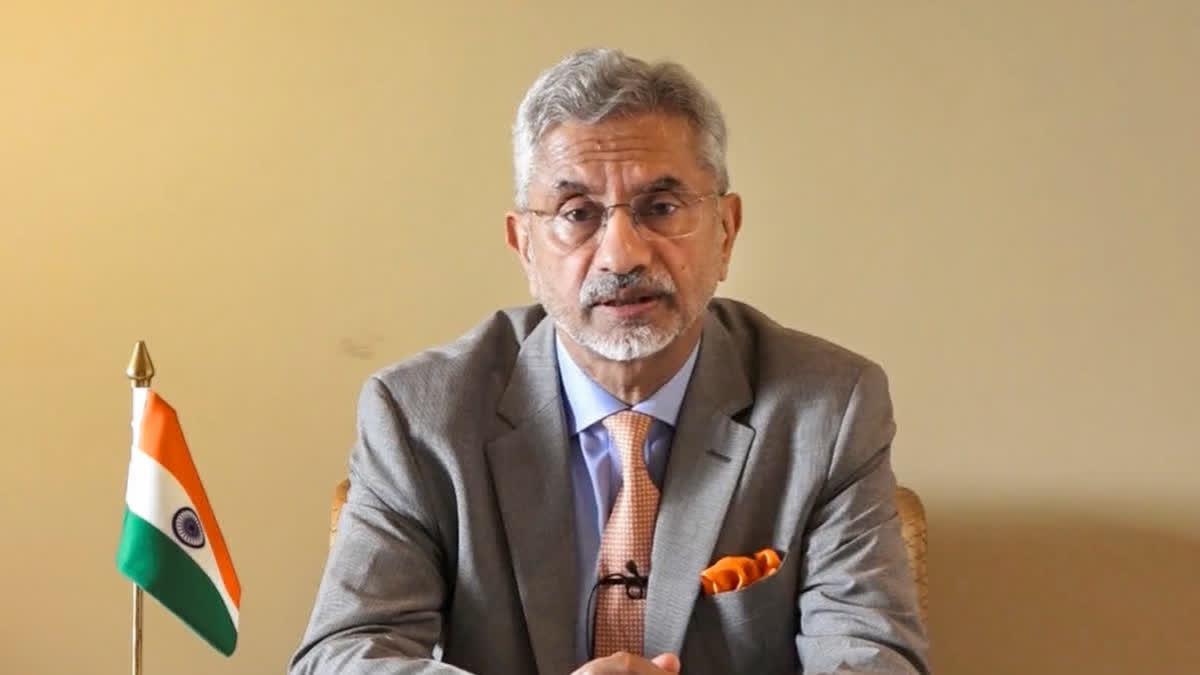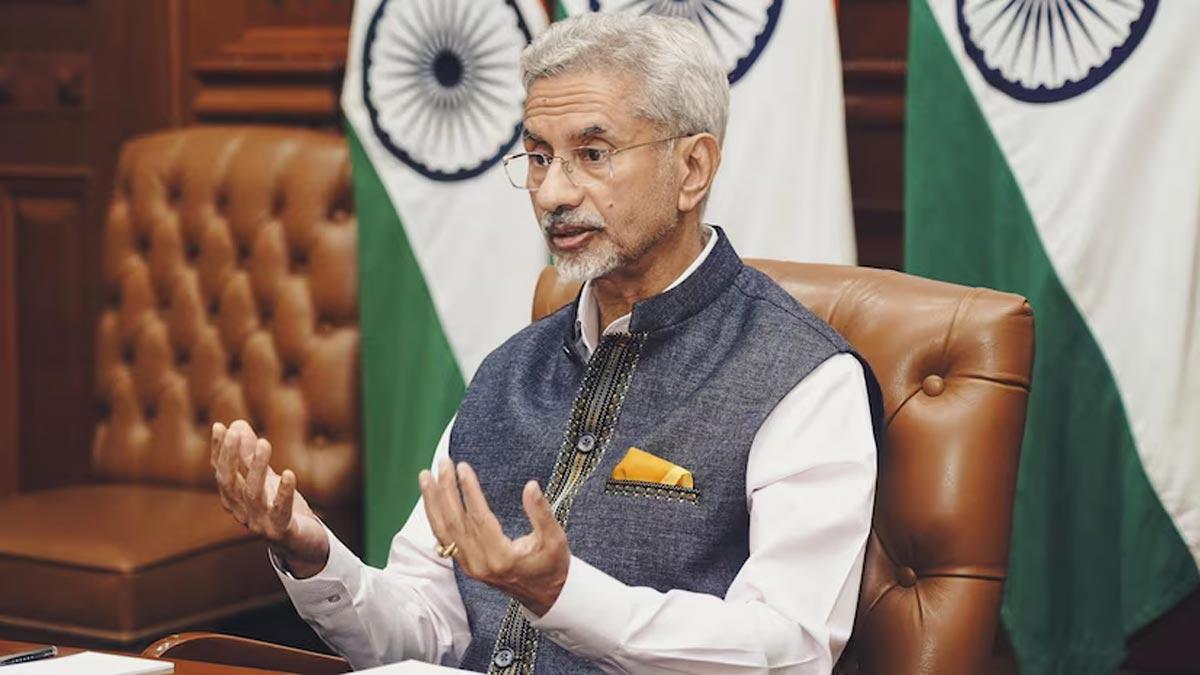The World Bank has issued a sobering warning, suggesting that a staggering 10 million Pakistanis may soon find themselves slipping below the poverty line. This grim projection is primarily attributed to a sluggish economic growth rate and a soaring inflation rate, which is expected to reach a daunting 26 percent for the current fiscal year.
In its bi-annual report titled 'Pakistan Development Outlook,' the World Bank paints a bleak picture of the country's economy, indicating that it is likely to fall short of achieving its key macroeconomic targets. The report also underscores that Pakistan is on track to miss its primary budget target, resulting in continued deficits for the next three years.
Lead author of the report, Sayed Murtaza Muzaffari, highlights that despite some signs of a nascent economic recovery, efforts to alleviate poverty remain inadequate. Economic growth is forecasted to remain stagnant at a meager 1.8 percent, maintaining the poverty rate at around 40 percent, with an alarming 98 million Pakistanis already grappling with poverty. Additionally, approximately 10 million individuals are at risk of slipping into poverty due to various economic shocks.
Furthermore, the report warns of the detrimental effects of rising inflation and living costs, which could lead to increased numbers of out-of-school children and delayed medical treatments. Food security also emerges as a significant challenge for the country.
The World Bank report projects a halt in poverty reduction efforts in the medium term, attributing it to weak growth, low real labor incomes, and persistently high inflation rates. Chronic inflation, coupled with policy uncertainty, has the potential to fuel social discontent and negatively impact welfare.
Regarding economic growth, the report indicates that Pakistan's growth is expected to remain subdued, with an estimated growth rate of only 1.8 percent for the current fiscal year, falling short of the official target of 3.5 percent. Growth prospects for the next fiscal year are equally bleak, projected at a mere 2.3 percent, lower than the population growth rate.
The report attributes the subdued recovery to appropriate monetary and fiscal policies, import management measures aimed at preserving foreign reserves, and weak economic activity amidst low confidence levels.
In summary, the World Bank report paints a grim and challenging outlook for Pakistan's economy, with bleak growth forecasts for the next few years. This presents a daunting reality for the local population, with increasing numbers at risk of falling below the poverty line every day.
Read also | Foreign Employment Fills Gaps in Unwanted Jobs: Minister's Statement


















